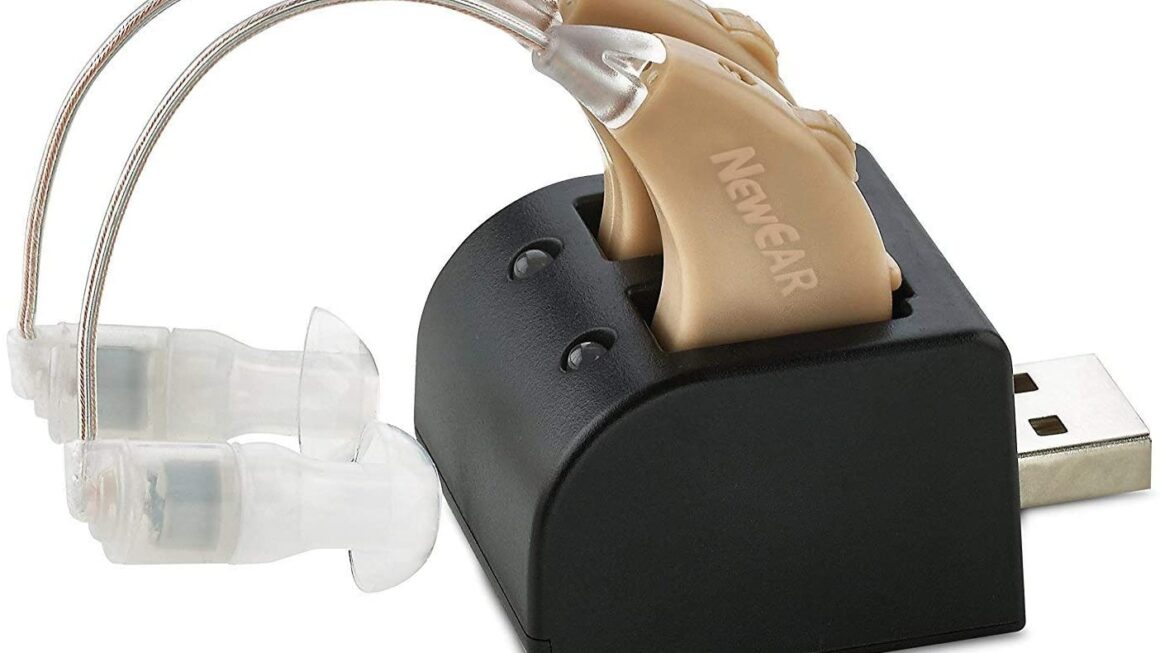As our loved ones age, it can be difficult to decide which type of senior care is best for them. While both assisted living and memory care are forms of senior housing designed to meet the needs of elderly individuals, there are important distinctions between these two types of care.
It’s essential to understand the differences in order to ensure that your loved one receives the most appropriate level of assistance they need while preserving as much freedom as possible.
For those considering assisted living or memory care, it’s crucial to understand the differences between these two types of facilities. Assisted living typically caters to individuals who need assistance with daily activities but do not require specialized memory care. On the other hand, memory care is designed specifically for individuals with Alzheimer’s disease, dementia, or other memory-related conditions. This article aims to provide a comprehensive breakdown of assisted living vs memory care, helping you make an informed decision about the most suitable care option for your loved one. By understanding the unique features, services, and specialized care provided by each, you can confidently choose the right setting that promotes their safety, well-being, and quality of life.
Whether they’re looking for greater independence or more tailored support, we’ll discuss why either option could be ideal depending on their situation.
Overview Of Assisted Living
Living with independence and dignity is a priority for seniors. Assisted living facilities provide an environment where individuals can feel comfortable, safe, and secure while receiving the care they need to maintain their daily lives.
From private suites featuring top-of-the-line amenities to highly qualified staff that are trained in providing compassionate support, assisted living has everything you need for retirement success.
From delicious meals served in communal dining rooms to activities designed around physical fitness and socialization, there’s something for everyone at assisted living facilities. Residents have access to 24/7 security as well as structured programs that are tailored specifically to their needs and preferences.
In addition, the staff provides personal assistance whenever needed – from housekeeping services to help with medication management.
Assisted living allows seniors the freedom of choice without sacrificing quality healthcare or comfort. With so many options available, it’s no wonder why more and more people are choosing this type of facility over other forms of senior housing.
Transitioning into the next section about memory care now gives us further insight into what sets these two forms of senior living apart from each other.
Overview Of Memory Care
Memory care is a specialized form of long-term care that focuses on providing support for individuals with dementia and Alzheimer’s disease. It emphasizes maintaining cognitive clarity, promoting physical activity, and engaging in meaningful social activities. Memory care facilities are designed specifically to create an environment that meets the needs of those living with memory loss.
Sensory stimulation plays an important role in memory care programs. Engaging activities such as music therapy, art classes, aromatherapy, and other forms of creative expression can help keep residents active and connected to their surroundings. These kinds of activities also allow them to express themselves through meaningful conversations while they enjoy the company of peers who understand their unique challenges.
Social opportunities are often incorporated into daily routines at memory care facilities, helping encourage relationships among peers and staff members. From meals together to joint outings or recreational events like bingo night, these shared experiences offer much-needed moments of joy and connection that many people affected by memory loss may not otherwise experience.
As these activities provide comfort and familiarity, they ultimately contribute to a better quality of life for all involved.
With this overview complete, we now have a strong foundation from which to explore the key differences between assisted living and memory care services – something we will tackle next!
Key Differences Between Assisted Living And Memory Care
Assisted living and memory care are two different types of senior housing options for those who need extra help with daily activities. Each offers a unique level of support, activity options, and access to medical care.
Assisted living provides residents with a wide range of assistance tailored to individual needs. The focus is on helping seniors stay independent as long as possible while providing an opportunity for socialization and recreational activities in a secure environment. These facilities generally offer around-the-clock nursing staff, meals prepared by chefs, housekeeping services, medication management programs, transportation services, physical therapy, and other therapeutic services.
Memory care facilities provide specialized dementia or Alzheimer’s care through specially trained staff members. Memory care units typically have more locked doors due to the increased risk that patients may wander off unsupervised. They also tend to be more structured than assisted living communities with greater emphasis placed on programming and recreational activities specifically designed for dementia sufferers. Memory care centers can provide individuals with round-the-clock monitoring from qualified healthcare professionals who understand the complexities of caring for someone suffering from memory loss or cognitive decline.
By understanding these differences between assisted living and memory care, it is easier to identify which type of facility would best suit your loved one’s needs. Both housing options provide excellent levels of service but differ significantly in their approach when supporting elderly adults—each offering its own set of benefits depending on the level of care required.
Moving forward we will look at cost comparison between the two options so you can make an educated decision about what type of senior housing arrangement works best for you or your family member’s situation.
Cost Comparison
When it comes to cost, assisted living and memory care can be quite different. Assisted living usually runs a bit cheaper, while memory care tends to be a bit more expensive.
However, the exact cost of each depends on the amenities offered, the location of the facility, and other factors. It’s important to do your research and compare costs before making a decision.
Cost Of Assisted Living
When it comes to the cost of assisted living and memory care, there are some key differences you should know. From support services to financial options, each type of senior housing has its own set of costs that need to be taken into consideration. Let’s take a look at what these costs might entail.
Assisted living facilities typically provide comprehensive support services for seniors who require assistance with daily activities such as bathing, dressing, medication management, etc. The cost for this type of senior home varies depending on location and the level of care needed; however, most assisted living centers offer payment plans or long-term contracts that help make monthly payments more manageable. In addition, many states have programs designed to assist seniors with their finances when moving into an assisted living facility.
Memory care is slightly different in terms of cost due to the specialized attention required by those with dementia or Alzheimer’s disease. Facilities offering memory care will usually charge higher rates than regularly assisted living centers since they need additional staff members that are trained to handle specific needs associated with cognitive disorders.
However, much like standard assisted living homes, these facilities often accept private insurance and Medicaid coverage along with providing numerous other financial options – such as deferred payment plans – so families can feel comfortable making sure their loved one receives quality care without breaking the bank.
No matter which option you choose for your elderly relative – whether it’s assisted living or memory care – understanding all available resources can ensure you receive top-level service while staying within budget constraints. With careful planning and research, finding the best fit for your family member shouldn’t be too difficult!
Cost Of Memory Care
When it comes to memory care, caregivers play a crucial role in providing specialized attention and support for those with dementia or Alzheimer’s disease.
This type of senior housing usually requires more staff members that are trained to handle specific needs associated with cognitive disorders, making the cost higher than traditional assisted living centers.
However, families can rest assured knowing there are various financial considerations available so they don’t have to break the bank when it comes to finding quality care for their loved one.
From private insurance and Medicaid coverage options to deferred payment plans, memory care facilities provide numerous resources that make life easier and worry-free – all while ensuring seniors get the best possible care they deserve!
Making The Right Choice For Your Loved One
Assisted living and memory care are two forms of senior housing options that both offer support services, but there are important differences between the two.
Assisted living is for seniors who need help with activities such as bathing and dressing, or managing medications.
Memory care facilities provide a secure environment designed to meet the needs of those dealing with dementia or Alzheimer’s.
When considering these types of residential communities for your loved one, it’s essential to understand each type of setting in detail so you can make an informed decision about which will best suit their lifestyle change.
Support options vary by facility, so researching what amenities and levels of care are available is critical when making your choice.
In order to determine which option may be best suited for your loved one, do some legwork: ask questions in person at potential residences; speak with staff members; review references; read online reviews; and tour facilities while paying attention to details like safety features, ease of access and comfort level.
Taking this extra step now could mean avoiding a difficult situation later on down the road.
Conclusion
Overall, assisted living and memory care offer different levels of support for seniors. It’s important to do your research when deciding which option is best for a loved one.
A recent survey found that 81% of people feel more secure knowing their elderly family members are in an environment specifically designed to meet their needs.
With the right information and resources, families can make sure they’re making the best decision possible for their beloved seniors.
We hope this article has given you insight into both options so you can choose what will provide them with the most security, love, and comfort in their golden years.












